The October 22 televised debate between President Donald Trump and former Vice President Joe Biden caps a turbulent campaign season. Moderator Kristen Welker of NBC will be asking the candidates questions about climate change, national security, and leadership, in addition to the topics of fighting COVID-19, American families, and race in America.
Brookings Foreign Policy experts Samantha Gross, Michael O’Hanlon, and Thomas Wright offer questions they’d like to hear the candidates answer in their final debate, honing in on thorny policy issues like Iran, China, climate resilience, NATO, and more.
 Samantha Gross (@samanthaenergy), Fellow and Director of the Energy Security and Climate Initiative, asks:
Samantha Gross (@samanthaenergy), Fellow and Director of the Energy Security and Climate Initiative, asks:
Regardless of your personal views on climate change, large segments of the public here and abroad feel strongly about the issue, and governments in Europe and elsewhere are taking action to reduce their greenhouse gas emissions and to incorporate climate into their trade polices. How does the U.S. economy stay competitive in this changing world?
We are seeing many of the effects that climate scientists predicted — natural disasters like floods, fires, hurricanes, and droughts are becoming stronger and more common. What should the government do to make the United States more resilient to these threats?
 Michael O’Hanlon (@MichaelEOhanlon), Senior Fellow and Co-Director of the Center for Security, Strategy, and Technology, asks:
Michael O’Hanlon (@MichaelEOhanlon), Senior Fellow and Co-Director of the Center for Security, Strategy, and Technology, asks:
Vice President Biden, you have questioned President Trump’s rationale for approving a U.S. airstrike that killed Iranian commander Qassem Soleimani in January, saying that your opponent “flat-out lied” about the nature of the threat. What do you say to those who argue the attack on Soleimani was justifiable because of his direct role in planning operations that killed hundreds of American troops, especially in Iraq, over the years?
President Trump, your administration has taken a forceful approach to Iran — demanding, with little international support, something very close to regime change. Is that how you would characterize it, and is that a realistic aim that you would continue to pursue if you won a second term as president? And Vice President Biden, how would your approach differ? Is it adequate to rejoin the 2015 nuclear deal with some of its key provisions already due to start expiring in 2023?
Is China destined to be America’s next enemy? How can we avoid war with another nuclear-armed superpower such as China?
 Thomas Wright (@thomaswright08), Senior Fellow and Director of the Center on the United States and Europe asks:
Thomas Wright (@thomaswright08), Senior Fellow and Director of the Center on the United States and Europe asks:
President Trump, your former national security adviser John Bolton has said you might pull the United States out of NATO in a second term. Will you?
Vice President Biden, you have called Saudi Arabia a “pariah state.” How will U.S. relations with Saudi Arabia change if you are president?
President Trump, is China’s construction of concentration camps in the province of Xinjiang of concern to the United States? What role should human rights play in relations with China?
Also for President Trump: Which international leaders do you get along with best? Which do you not get along with?
Vice President Biden, you have had a long career in politics — what foreign policy issue have you changed your mind on over the past decade?
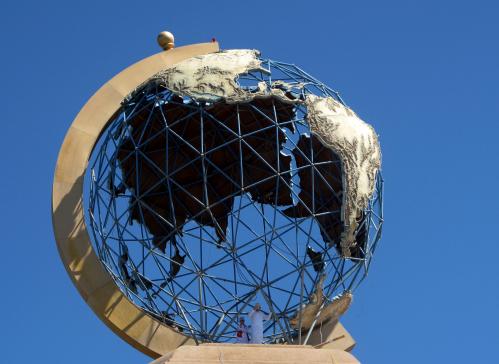
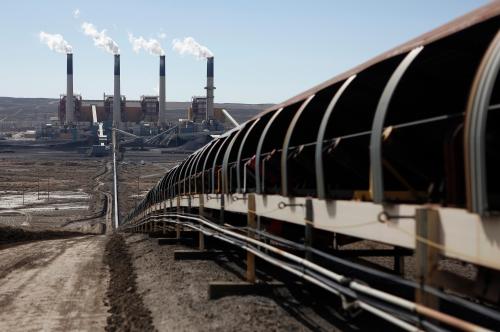
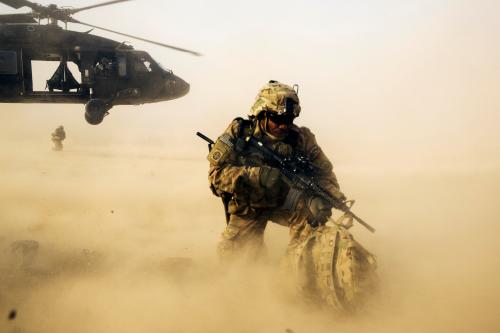


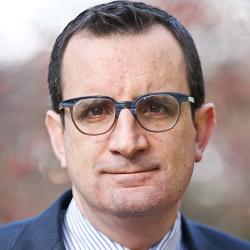
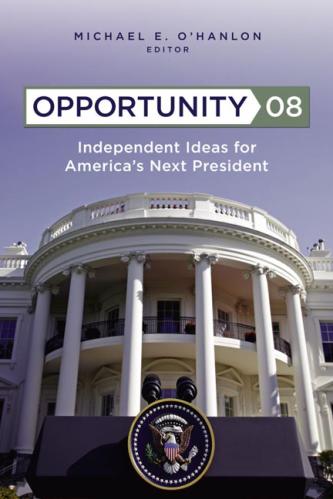

Commentary
10 questions for Trump and Biden during their final debate
October 21, 2020